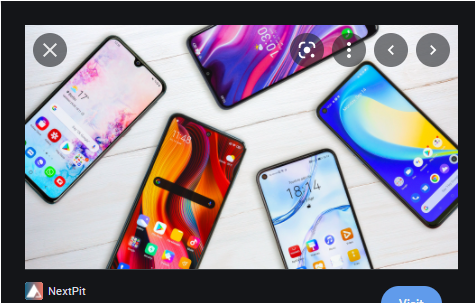Smartphone shipments impacted by chip shortage
By Jeph Ajobaju, Chief Copy Editor
Samsung led global smartphone shipments in the third quarter of 2021 (Q3 2021) despite across the board chip shortage impacting almost every industry that relies on computer components, including smartphone makers.
Global smartphone sales dipped 6 per cent in the quarter as suppliers battled to satisfy demand due to component shortages, according to Canalys.
Samsung sold the most handsets, accounting for 23 per cent of the market in Q3 2021, as it did in Q3 2020.
Thanks to high early demand for the iPhone 13, Apple reclaimed the second position with a 15 per cent market share, compared to 12 per cent in Q3 2020.
Xiaomi came in third with a 14 per cent market share – same as 14 per cent in Q3 2020. Vivo and OPPO rounded out the top five with a 10 per cent market share each, same as their performance in Q3 2020.
__________________________________________________________________
Related articles:
Chinese firm Xiaomi surges past Apple in global smartphone market
Apple, Samsung, Nokia, others to have one phone charger. In the EU, then worldwide
Tecno sells more devices but Samsung makes the money in Africa
__________________________________________________________________


Chipset famine
“The chipset famine has truly arrived. The smartphone industry is striving to maximise production of devices as best it can,” said Ben Stanton, Canalys Principal Analyst.
“On the supply side, chipset manufacturers are increasing prices to disincentivise over-ordering, in an attempt to close the gap between demand and supply,”
“But despite this, shortages will not ease until well into 2022. As a result of this, as well as high costs of global freight, smartphone brands have reluctantly pushed up device retail pricing.”
Stanton said smartphone vendors are having to make last-minute modifications to product specifications and purchase quantities on a local level.
“While it is important for them to do so and optimise volume capacity, it does result in confusion and inefficiencies when interacting with retail and distribution channels.
“Customers should expect smartphone discounting this year to be less aggressive. But to avoid customer disappointment, smartphone brands which are constrained on margin should look to bundle other devices, such as wearables and IoT, to create good incentives for customers.”
BBK Electronics, a Chinese conglomerate, owns Oppo and Vivo and both were in the top five shipped phones in Q2 and Q3 this year, per Nairametrics.














